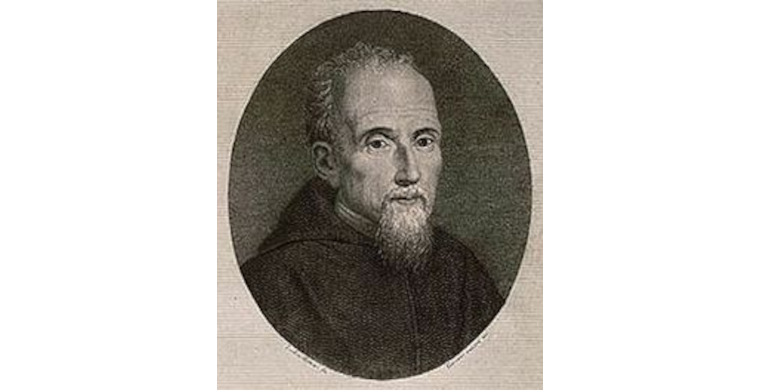PAOLO SARPI 1552 -- 1623: THE CARDINAL WHO "COVETED" ANGLICAN DOCTRINE AND DEVOTION
By Roger Salter
www.virtueonline.org
April 16, 2024
Historians, theologians and so many experts in other disciplines strongly agree that Paolo Sarpi was the greatest genius ever to emerge from Venice. He was indeed the true and hugely gifted polymath of his native city state, as prominent in Italy as was Leonardo Da Vinci, the towering maestro of Florence.
In his ecclesiastical thinking Sarpi, whose expertise embraced canon law, mathematics, science, and history, was emphatically opposed to the power and priestcraft of the Roman Catholic Church.
He ably supported Copernican science, and was a friend and endorser of Galileo. He was also acquainted with Calvin's successor in Geneva, Theodore Beza. His chief influences as a believer were Holy Scripture and Augustine, and he agreed with the fundamental theological structure of the Reformation without a personal departure from a potential re-formed Catholicism.
The simplicity of the early church and the Reformers' strength of conviction as to the doctrines of grace propounded by Luther and Calvin were the clear desire of his holy heart for Venice with freedom for other forms of orthodox Christianity to flourish in Venice.
His views, and those of other prominent Venetians so alarmed Rome that the Pope imposed an interdict upon the church in Venice, and during the period of prohibition Father Paolo issued strong criticism of Papal authority and powerfully defended the independent line taken by ecclesiastical and civil leadership in the Venetian Republic. He advocated the separation of church and state.
Regarded by many as a crypto-protestant, Sarpi openly denied the charge of his contradictors and maintained firmly that he was a Catholic in quest of thorough renewal that acquired biblical foundation and sound tradition (sounds like the goal of the Reformation; but Italians have other motives for staying with Rome as national cultural and sentimental phenomenon). But the Reformation was a cleavage from the mother church, which Sarpi, like so many Italian aristocrats, see the "spirituali", was a venture too far.
Sarpi had strong ties to England where he was highly regarded by men of the stamp of Harvey, Bacon and Hobbs and the closest friendship with an Englishman seems to have been with the redoubtable ambassador of the court of King James Court, Lord Henry Wotton.
His lordship and Paolo met frequently to discuss developments within the Reformed Church of England and the theme of Anglican liturgy was a major topic of conversation. The cardinal became enamored with the worship of the Book of Common prayer; not sufficiently, however, to adopt it for Catholic worship but to see it freely in use.
Sarpi was a bold and indefatigable defender of the right and liberties of his beloved Venice about which his dying words were, "may she live forever", as one author notes "were recalled by John Adams in 1820 in a letter to Thomas Jefferson, when Adams wished 'as devoutly as Father Paul preservation of our vast American empire and our free institutions', as Sarpi wished for the preservation of Venice and its institutions'.
Sarpi, the definitive commentator on the History of the Council of Trent made the astonishing claim, in a letter to Daniel Heinsius, that he preferred the Canons of Dort.
END














